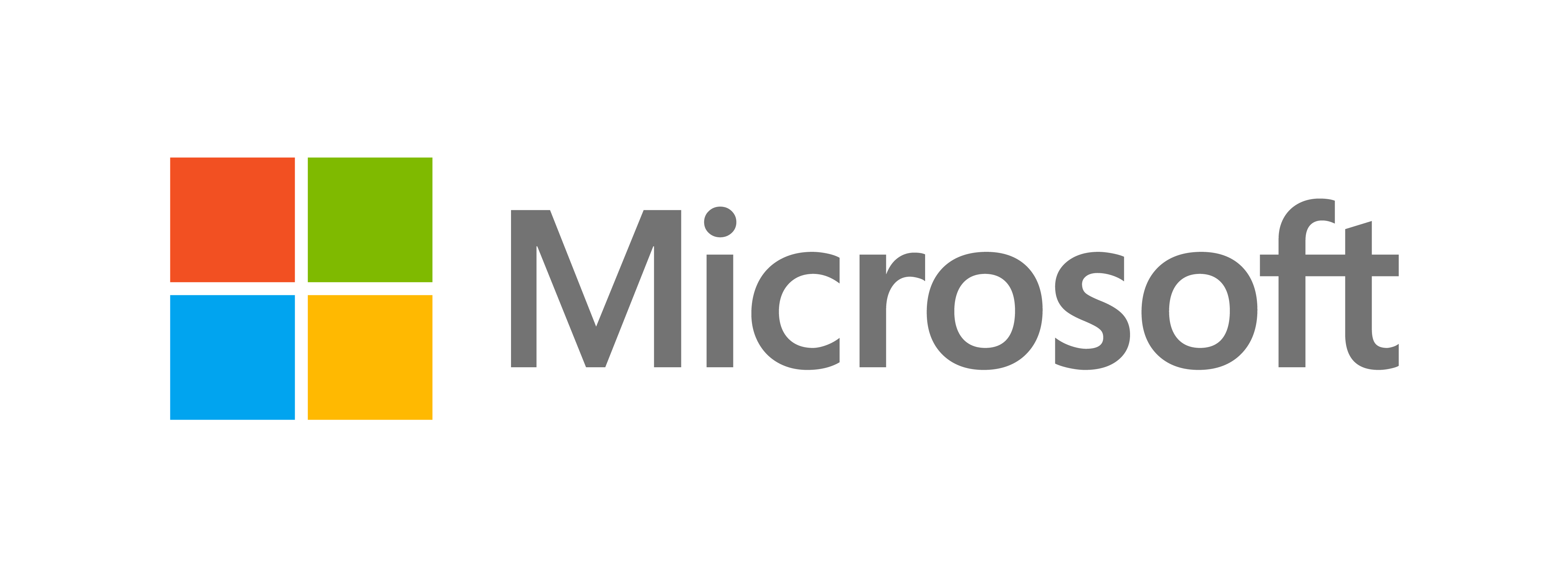Under Armour is facing growing scrutiny following the publication of customer data linked to a ransomware attack disclosed in late 2025.
According to breach verification platform Have I Been Pwned, a dataset associated with the incident appeared on a hacking forum in January, exposing information tied to tens of millions of customers.
The leaked material reportedly includes 72 million email addresses alongside names, dates of birth, location details and purchase histories. Security analysts warn that such datasets pose risks that extend far beyond immediate exposure, particularly when personal identifiers and behavioural data are combined.
Experts note that verified customer information linked to a recognised brand can enable compelling phishing and fraud campaigns powered by AI tools.
Messages referencing real transactions or purchase behaviour can blur the boundary between legitimate communication and malicious activity, increasing the likelihood of delayed victimisation.
The incident has also led to legal action against Under Armour, with plaintiffs alleging failures in safeguarding sensitive customer information. The case highlights how modern data breaches increasingly generate long-term consequences rather than immediate technical disruption.
Would you like to learn more about AI, tech and digital diplomacy? If so, ask our Diplo chatbot!










